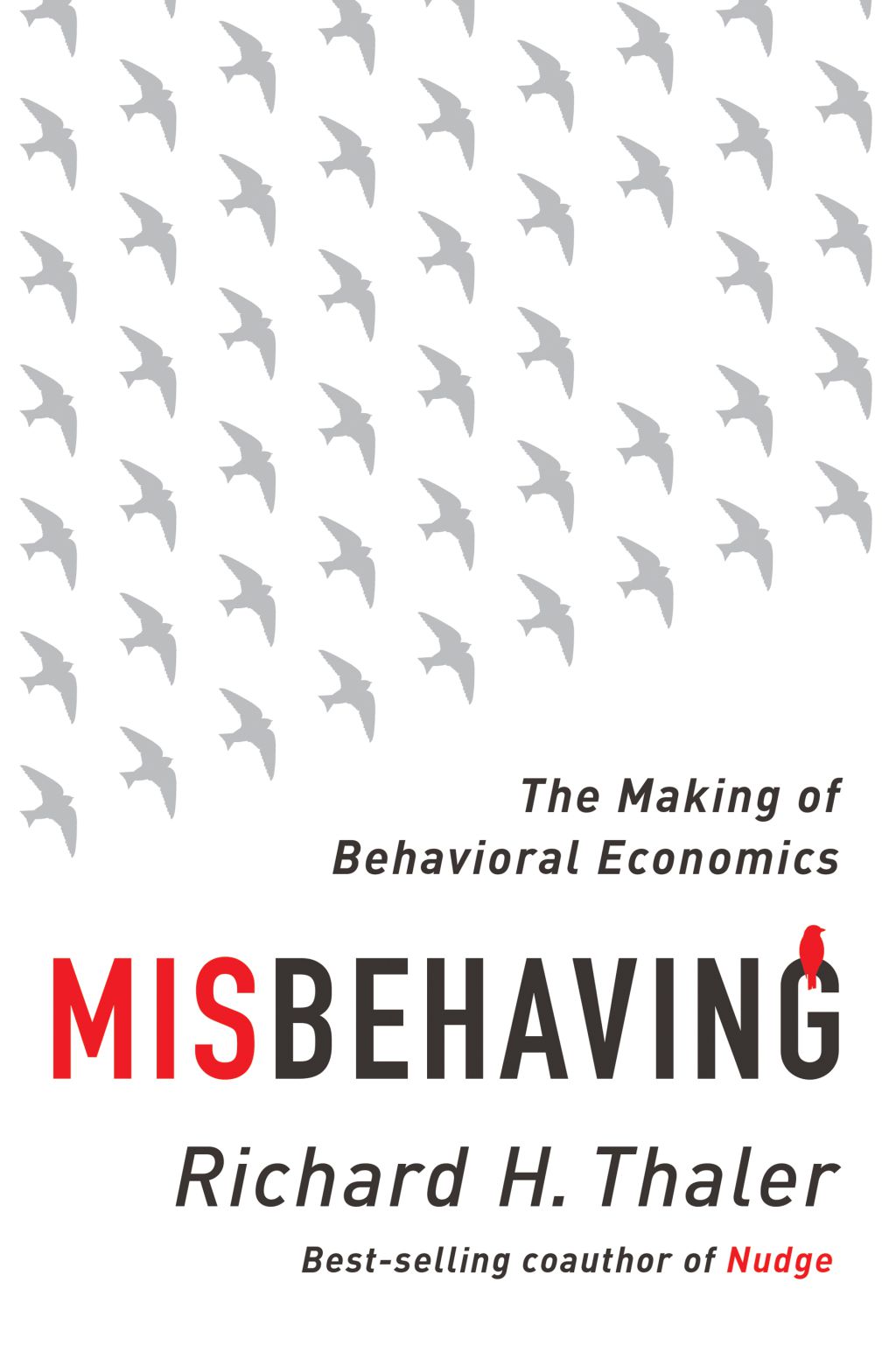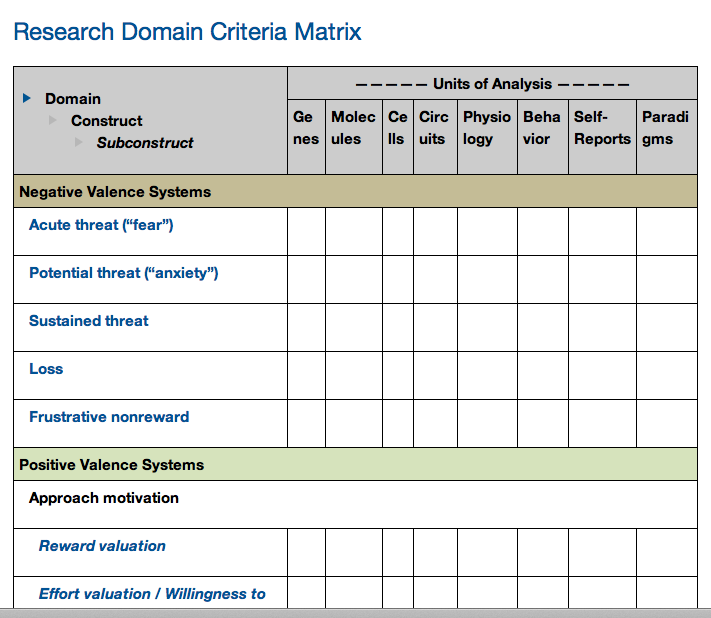



NYTimes ‘Room For Debate’ Has Brought Affluenza Back Up [Classic]
What do “affluenza” and Bat Kid have to do with each other? My essay on the moral psychology of empathy is here. I wrote: The New York Times’ “Room For Debate” feature has brought “affluenza” back into the conversation. Remember? A Texas judge gave a lenient sentence to a wealthy 16-year old, Ethan Couch, who …

Behavioral Economics is an Incomplete Revolution
The Boston Review critiques Richard Thaler’s latest book, “Misbehaving: The Making of Behavioral Economics.” Or actually the critique is of behavioral economics itself. Before behavioral economics, there was classical economics which, “assumes people are rational, utility-maximizing decision-makers with consistent preferences, correct expectations, and unbiased beliefs; in economic parlance, everyone is homo economicus, ‘economic human.’” John McMahon, …

Science Proves Rich People are Immoral, and Why
Folks at Vox (“Rich People are Jerks, Explained“) have written up two domains of scientific research about wealthy Americans. One area of research shows that the preferences of the wealthy are more influential on politics, actual governance and policy than the preferences of non-wealthy people. Here’s a link to the main academic paper Vox used as a …

“Girls and Philosophy” at Salon.com
I’ve been looking for any book reviews out there of “Girls and Philosophy.” The first one I’ve found was at Salon.com well before the book hit the stores. The Salon writer, Anna Silman, interviews the editors (she calls them the “authors”) about the characters’ existentialism and more. There’s an essay in the book where the …

Harvard Business Review Lauds Philosophical Counseling for CEOs
It’s been called “Therapy for the Sane.” It’s definitely therapeutic. But you don’t have to be suffering from any mental illness to benefit. Consider the kinds of questions the following philosophers would counsel you to ask of yourself: Socrates: What is the most challenging question someone could ask me about my current approach? Aristotle: What …

Adorno and Benjamin in the New Yorker [Classic]
Alex Ross of the New Yorker writes: Anyone who underwent a liberal-arts education in recent decades probably encountered the thorny theorists associated with the Institute for Social Research, better known as the Frankfurt School. Their minatory titles, filled with dark talk of “Negative Dialectics” and “One-Dimensional Man,” were once proudly displayed on college-dorm shelves, as …

An Approach to Psychiatric Disorder at the Neuronal Level
BishopBlog writes: In 2013, Tom Insel, Director of the US funding agency, National Institute of Mental Health (NIMH), created a stir with a blogpost in which he criticised the DSM5 and laid out the vision of a new Research Domain Criteria (RDoC) project. This aimed “to transform diagnosis by incorporating genetics, imaging, cognitive science, and …

Neil deGrasse Tyson on Philosophy
Tyson says: My concern there is that the philosophers believe they are asking deep questions about nature, and to the scientist, it’s, “what are you doing? Why are you wasting your time? Why are you concerning yourself about the meaning of meaning?”… If you are distracted by your questions so that you cannot move forward, …